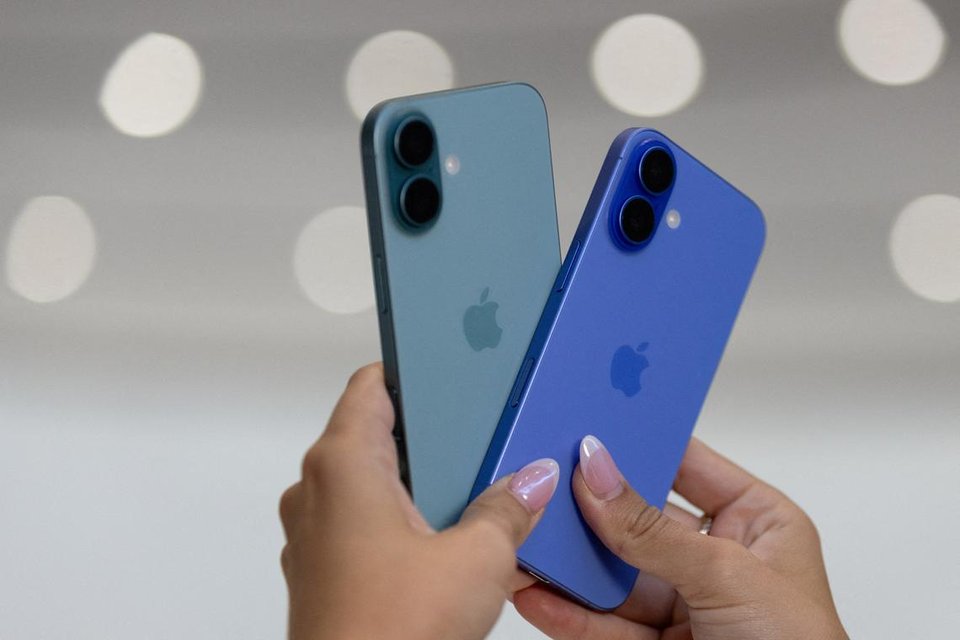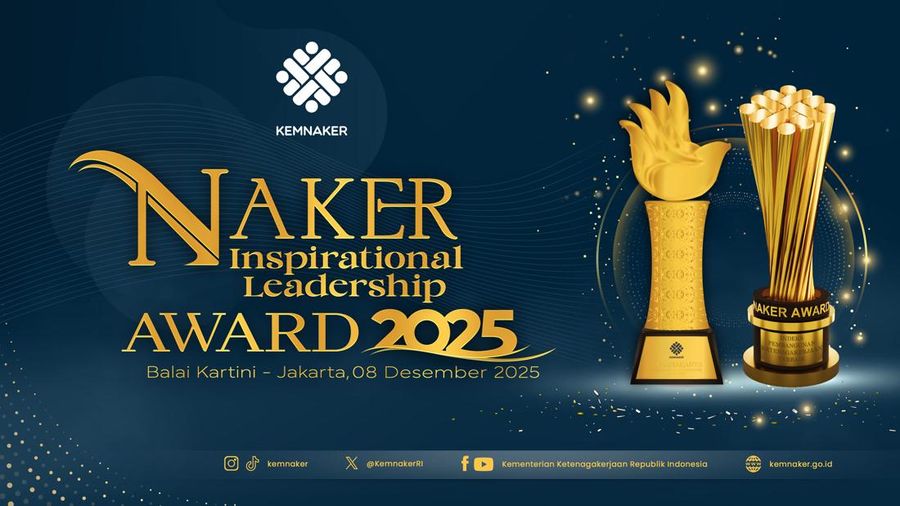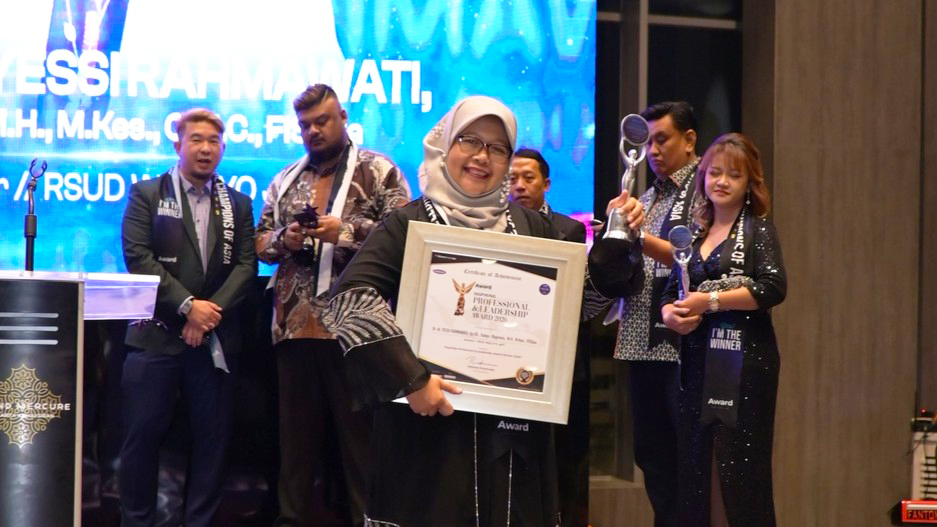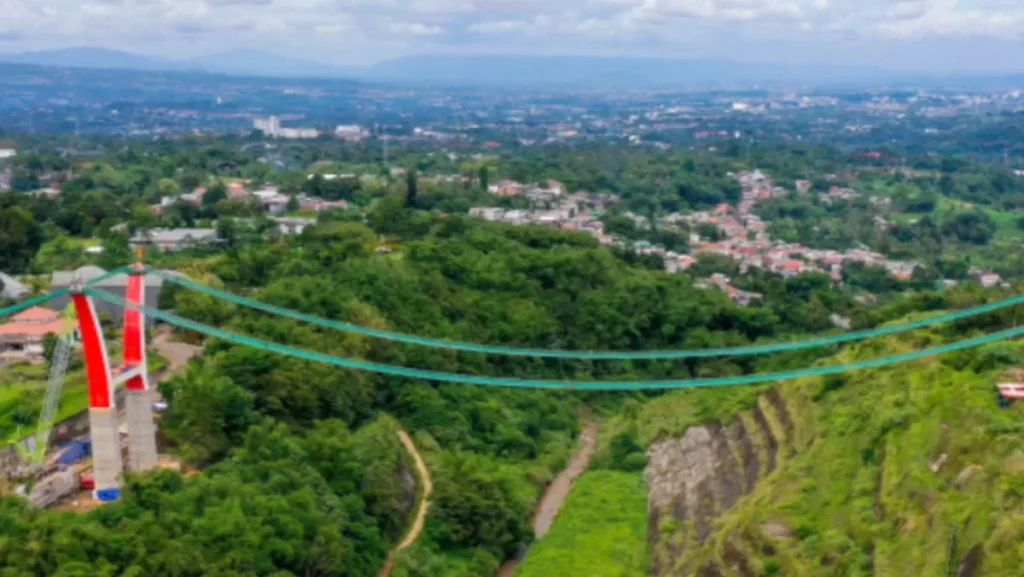San Francisco, United States – Apple enters its 2025 Worldwide Developers Conference (WWDC) not with celebration, but under the shadow of a growing credibility crisis. A year after touting its ambitious “Apple Intelligence” features, the tech giant has failed to deliver—raising sharp concerns about whether it is still the industry’s innovation bellwether or has become strategically complacent.
The centerpiece of Apple’s AI campaign, a promised overhaul of the Siri voice assistant, remains absent. Analysts and developers alike are now openly questioning whether the world’s most valuable company underestimated the generative AI race and overpromised features it could not deliver. The missed rollout has become more than a technical hiccup—it’s a reputational fault line.
“Apple’s brand is built on keeping its promises,” said Gadjo Sevilla, a senior analyst at eMarketer. “Breaking that promise around AI is more than a delay—it’s a trust issue.”
With rivals like Google and Microsoft integrating generative AI at scale, Apple’s retreat has geopolitical implications. The company’s strategic alliance with OpenAI, now potentially joined by Google or Perplexity, signals a reactive posture rather than bold leadership. And the defection of former design chief Jony Ive—now building a rival AI hardware product with OpenAI—only compounds the perception that Apple’s grip on the future is slipping.
Developers, too, are pushing back. Accusations of exploitative App Store policies, paired with delays in AI-related developer tools, have reignited friction. Apple’s 30% commission model, once merely controversial, now looks increasingly indefensible in a landscape where innovation demands greater openness and platform integration.
Apple’s tightly controlled ecosystem—a cornerstone of its identity—is under siege. “AI could force Apple to rethink its walled garden,” said analyst Carolina Milanesi. “For the first time, it needs the ecosystem more than the ecosystem needs it.”
Meanwhile, political tensions continue to brew. With Apple heavily reliant on Chinese manufacturing, the company is caught in the crossfire of US–China trade tensions. Former President Donald Trump’s tariff threats, and his calls for Apple to shift production to the U.S., add another layer of geopolitical complexity. Analysts say such a transition is economically implausible without dismantling global supply chains.
The stakes for Apple at WWDC are unusually high. Any further missteps risk ceding leadership in the global tech narrative—not just in market share, but in influence over where the next decade of AI development goes. As Sevilla bluntly puts it, “The AI stumble has put Apple on the defensive—technologically, politically, and reputationally.”






